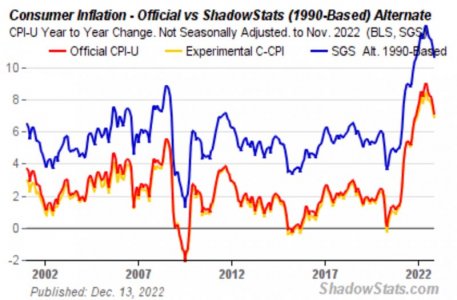Yes, paying off the house did bring me comfort, and the worst-case scenario is the bottom-line for me. For example, if there was a Stockmarket crash, or run on the bank, or a catastrophe, or an illness that ran through all my money (I've seen this with people who had cancer and spent all their money on treatments) and I was left with little or no money. Then I would lose the house that I thought was mine (or borrow more money to keep it) if I could not continue paying my mortgage payments, and insurance, and property taxes, etc. Also, by the time you're done paying, let's say a 500,000 dollar home, with 30-year mortgage, for example, you will have paid a lot more for it than the initial cost. I know 2.75% is low, but it is not 0%. I will continually be on this treadmill of owing money on my house - somehow like a rental. These are my thoughts.


